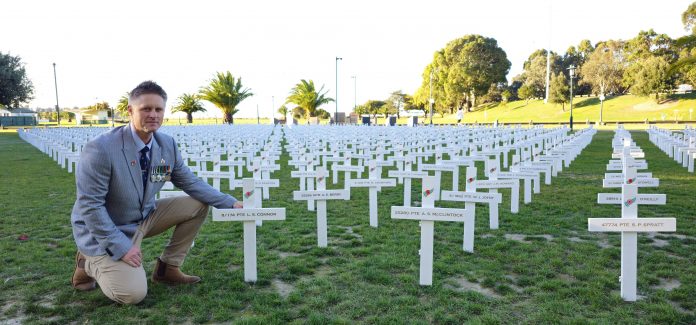
As Anzac services are held around South Canterbury today to remember all those who have served their country. South Canterbury RSA president Chris Cockburn talks about the need to ensure the organisation can continue to provide veterans with the support they need and deserve.
As we commemorate this significant day of remembrance, let us not only honour the bravery and sacrifice of our Anzacs and veterans, but also pause to recognise the vital role played by organisations like the RSA (Returned and Services Association) in supporting those who have served our nation.
The South Canterbury RSA has had its challenges in the past, as have most, and adaptation to a changing environment is key to ensuring the ongoing support of our veterans is maintained.
As with all change, there will be some frustration endured during the process, but it is vital that we see this through to ensure the ongoing relevance and capabilities of the RSA.
This may mean that operational changes are required to ensure the RSA as a whole can continue to perform its primary tasks of support, advocacy and remembrance. These tasks remain relevant in all environments, irrespective of time or place, and should — and will — be held at the core of all we strive to achieve.
Today, as we stand on the threshold of RSA 2030, we are witnessing a pivotal moment in the history of veteran support. RSA 2030 is not just a plan; it is a commitment to adapt and evolve with the changing times, ensuring that our veterans and ex-serving Defence Force members receive the care and assistance they need.
It is timely given the Veterans Affairs announcement to suspend further Veterans Independence programme (VIP) support services to those in need.
At the heart of RSA 2030 lies a reinvigorated focus on welfare and support, recognising the unique challenges faced by our veterans as they transition into civilian life.
It is about providing them with the resources, guidance and support network they need to thrive beyond their years of service.
One of the most significant aspects of RSA 2030 is the proposed submission to recognise all ex-serving and current Defence Force members as veterans. This is more than a mere acknowledgement; it is a fundamental step towards ensuring that every individual who has served our country is afforded the recognition and assistance they deserve.
As we reflect on the sacrifices made by our servicemen and women, let us also reaffirm our commitment to supporting them in their time of need. The RSA has and will remain a beacon of hope and support for our veterans, but it cannot fulfil its mission alone. It requires the collective effort of government, communities, and individuals like us to ensure that our veterans receive the support they need and deserve.
So, as we pay tribute to our Anzacs and veterans today, let us also pledge to stand by them, just as they have stood by us, in times of need. Let us honour their service and sacrifice by ensuring that they are never forgotten and that they receive the support and assistance they need to lead fulfilling lives beyond the battlefield.
. Chris Cockburn is an former serving sailor, having been enlisted in the RNZN for 11 years as a weapons engineer, before retiring to start his family. He served on a number of seagoing vessels, but predominantly the naval frigates HMNZS Canterbury, Te Mana and Te Kaha. On Te Kaha he saw operational service in both the Arabian Gulf and Solomon Islands.
. Having grown up in Timaru, he and his wife Daphne — also an RNZN veteran — relocated back to Timaru in late 2011 with their two children.




